29 August -- I've been passing the time reading "The World is Flat," a book my parents sent me for my birthday (among others - thanks guys!). The gist of the book is that the world is flattening or converging -- creating new opportunities and challenges for billions of people as barriers to education and employment come down. So I have been reading with some trepidation about this new world, considering the ramifications for The Gambia.
I am fearful that most of this country will miss out on this flattening of the global playing field. I haven't read the book's section of developing countries yet, but the author (Thomas Friedman) seems sanguine about the aggregate positive effects of globalization on the world's population. Unfortunately, Gambia seems largely removed from these changes. To be sure, modern communication is slowly proliferating, but the country seems to be falling further and further behind the rest of the world. There are some improvements, like the paving of the north bank highway, but these all seem to be driven by foreign donors. Most people want to go work overseas (and they do work hard if they get there), but the money made is devoted to micro-level changes here -- a nicer house, a few years of generator-provided electricity. Reading about legions of Chinese and Indians toiling away and improving their skills, it is difficult to contrast that with what I see here, where many teachers may not read a single book during the school holidays.
Yet just a kilometer from here is a functioning, albeit poor, country. All of Senegal's large towns have near-constant electricity. Even out here, if I walk 3-4 kms to Makorgui, the site of the nearest Senegalese school, the government has installed solar and the village has light at night. When I was riding a horsecart to my host mother's village for her brother's wedding I saw the ambient light in the distance, which I regarded with the fascination I would presumably reserve for an alien spaceship landing.
In short, I get rather discouraged when I think about Gambia's prospects. It's one of the reasons I'm contemplating another PC posting -- to visit a country where the attitude towards poverty and life is not largely one of abject resignation. To be sure, I exaggerate, and there are a lot of kids, and some adults, with lots of creativity, curiosity and motivation.
UPDATE: Having finished the book, I thought I'd comment briefly on the chapter on developing countries. I think Mr. Friedman's arguments that states should open up their markets, lessen red tape, invest in education and infrastructure and so on are laudable. And to the benificent leader who is not terribly enamored with remaining in office, these are great moves.
However, I see very little motivation for an administration that is less altruistic or visionary in outlook. Gambia has very little incentive in such a situation, as the leaders' hold on power and information would be negatively affected. As things stand, Gambia gets enough aid (some 60% of the education budget, for instance) that there is little financial pressure to increase surveillance of public employees or to reduce spending on wasteful projects.
The international community, too, seems to have a symbiotic relationship with an administration interested in touting minor infrastructure improvements. They draw positive attention for NGO's donors and Gambian citizens alike, both of whom rely on others for information -- the NGOs and the largely government-controlled Gambian media, respectively.
And Gambia's too insignificant for larger countries to pressure it to change, although America deserves credit for (quietly) dropping Gambia from its list of deserving countries receiving aid through the Millenium Challenge Grant/Account, or whatever it's called. More forceful follow-up is needed, though, if Gambia's leaders are to undertake more than piecemeal moves to improve governance.
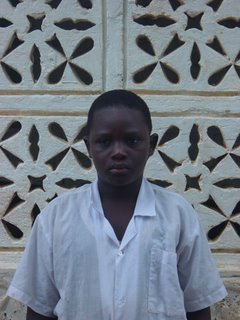

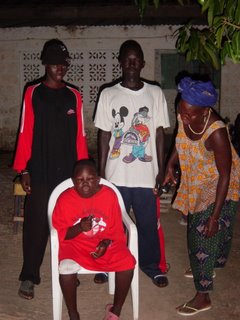




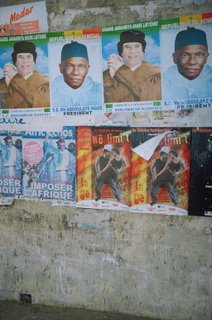
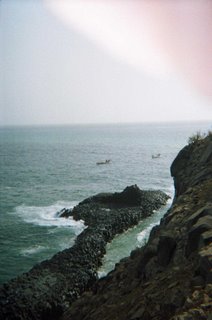
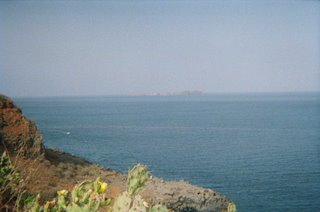
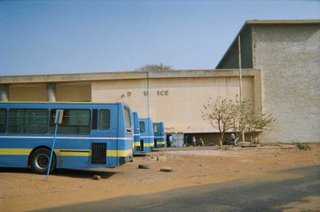




















![Expat [DESTINATIONCOMPLETE]](http://www.expat.com/logo/expatBlogSmall.gif)